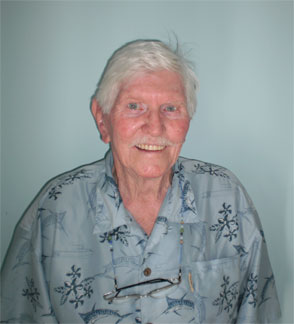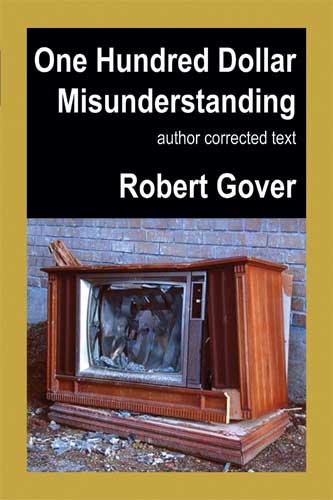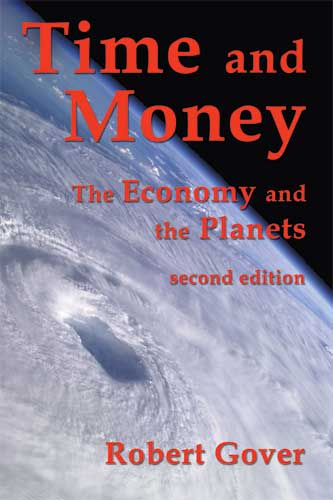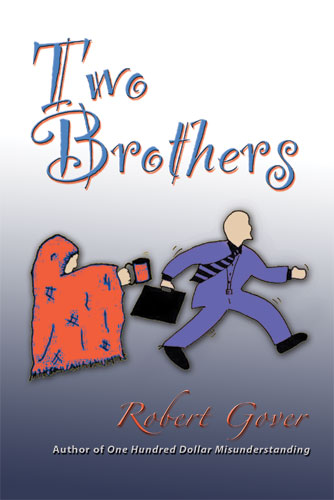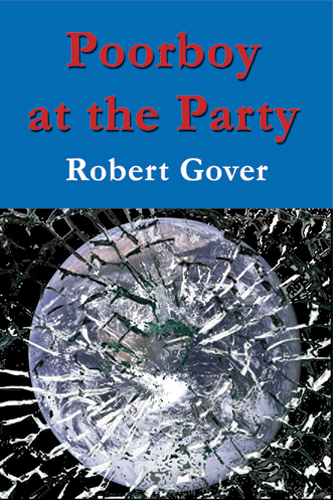
(ISBN 9781933435398, 204 pgs)
see book in store |
One of Gover’s key novels, Poorboy at the Party, runs against the publicly sold and traded American Dream, where a party among privileged kids breaks down into a orgy of sex and destruction.
from Poorboy at the Party
I OFTEN MEET people who ask me why it happened. Who say they could understand kids from the slums behaving that way, but the sons and daughters of our best families—why them?
Well, I find that a funny question. And a bit dangerous. The kind who ask it usually think I’m somebody I’m not, really. They assume that since I was there the night it happened, and since I’m now a total and irrevocable dropout, beach boy, bum, beatnik, student of life—they assume I must be a fallen angel out of the overprivileged class. Which I’m not. Not by a long shot.
I’m poor dirt farmer white-trash with origins in the country slum and prep school in an orphanage. I went to the party as an outsider, the guest of a guy whose presence there was like an atmospheric pressure, and in some witchcrafty way, brought on the storm.
Or was it me who brought it on? No, no—to give credit where credit is due, it was Arnold, for even I was just another one of the ingredients he added to the party, and all I brought to it was my poorboy’s spooky prejudice against the rich and powerful. ... |
